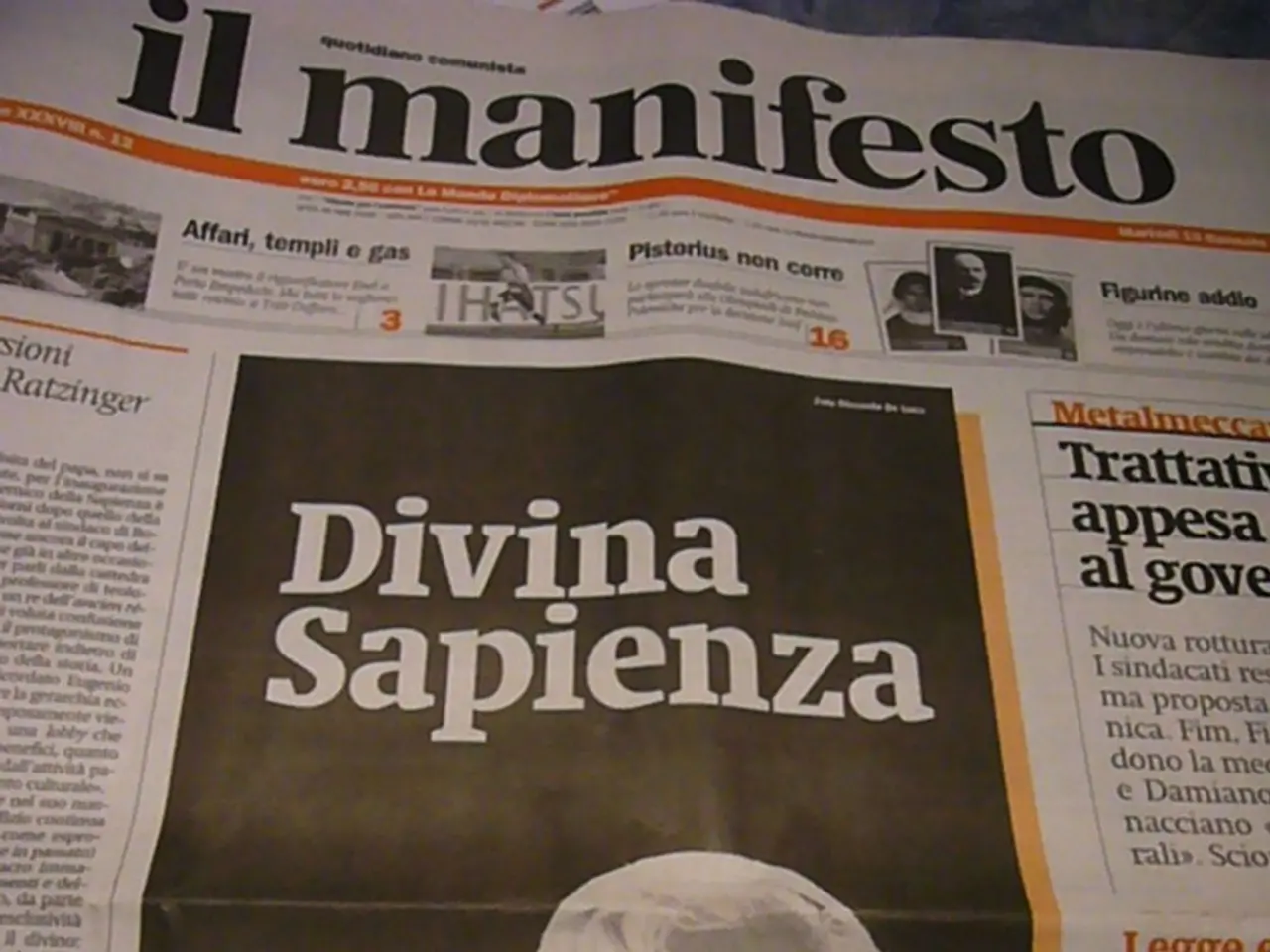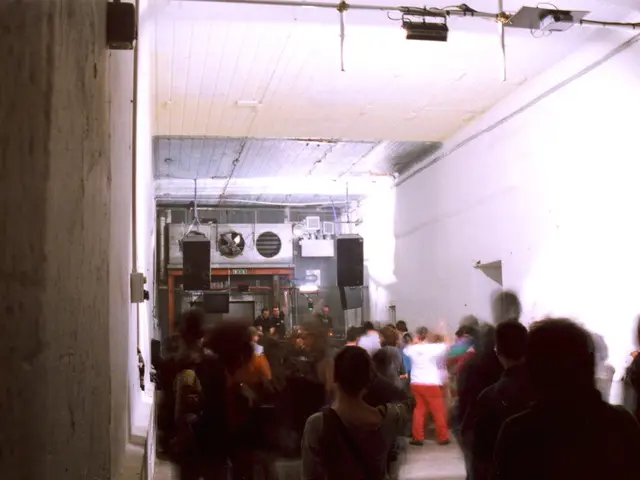Online platforms ignite discord and discontent
In the face of escalating border tensions between Thailand and Cambodia, the importance of accurate and reliable information has never been more critical. Ms. Kultida, a prominent figure in the fight against misinformation, emphasizes the need for precision, not just speed, in disseminating information, and that truth, not panic, should guide public discourse.
Currently, fact-checking in Thailand lacks institutional support. However, improving fact-checking and media literacy requires coordinated efforts involving government agencies, media, civil society, and social platforms.
One key approach is establishing a fact-checking network that collaborates among media outlets, NGOs, and government bodies to verify and counter misinformation swiftly. This network helps debunk false visuals and claims circulating on social media, as seen in recent instances where old or unrelated videos were falsely shared about the Thailand-Cambodia clashes.
Proactive public information dissemination by authorities is another crucial strategy. Providing accurate, timely, and neutral updates can reduce the influence of harmful narratives and fake news.
Enhancing media literacy among the public is also essential. Education campaigns that teach citizens how to critically assess information sources and recognize misinformation can increase societal resilience to false narratives.
Cooperating with social media platforms to promptly remove harmful or false content without broadly restricting access to information is another approach. Balancing the free flow of information with responsibility during sensitive times is crucial.
Leveraging local and international media to maintain neutrality and accuracy in reporting border tensions is another important strategy. This can foster trust and reduce inflammatory misinformation.
Journalists and fact-checkers are trained to report and verify, emphasizing the importance of independence, rigor, and credibility. Chayanit Itthipongmaetee, Digital Verification Journalist at Agence France-Presse (AFP), highlights the challenge of verifying reports in an era of global fake news spread, emphasizing the need for accuracy over speed, especially with poor-quality footage.
Recent examples of misinformation include a viral TikTok clip featuring nighttime firing at Prasat Ta Kwai, and a misrepresented photo showing a Thai flag at Khao Ok Talu in Phatthalung Province, originally claimed to be from the Preah Vihear Temple.
Ms. Kultida warns that such volatility invites manipulation and undermines efforts toward peaceful dialogue. She notes that ongoing border tensions have amplified public suspicion, and that anger, disgust, and distrust are spreading online, creating a hostile information environment.
However, there are signs of hope. "Netizen investigators" are increasingly helping professionals trace misinformation to its source, noted Chayanit Itthipongmaetee. Nattapong Toomma, Senior Digital Content Reporter at Thai PBS Verify, used Google Lens and Google Maps to debunk a misrepresented photo.
Despite the military's formal denial, the video continues to linger in the public consciousness, spawning further distortions and speculation. Kultida Samabuddhi, editor of Cofact Thailand, warns that manipulated clips can be stripped of context and repurposed, and stresses that responsibility lies not only with tech companies but also with journalists.
The government's slow and muted response has allowed the misinformation to take root. "Speed is the greatest challenge" in verifying reports, according to Chayanit Itthipongmaetee, as fake news spreads as quickly as the truth and people demand instant answers. The unverified footage has been amplified by three prominent news outlets, causing public outrage in Thailand and risking diplomatic strains.
In conclusion, Thailand can improve fact-checking and media literacy by building a collaborative fact-checking network, delivering proactive official information, educating the public on media literacy, partnering with social media for rapid content moderation, and relying on credible media to report neutrally during border tensions. These strategies create a multilayered defense against misinformation during crises like the Thailand-Cambodia border conflict. Efforts require ongoing coordination, resources, and public engagement to sustain impact.
Read also:
- Chinese Ambassador issues stern message to India regarding Trump's tariffs in midst of escalating trade feuds
- "Nationwide Initiative: 'Unity Amongst Others'"
- Highlighting the Significance of Off-the-beat Experiences
- City endorses installation of "rainbow steps on the boardwalk" - a universal emblem of diversity and harmony.








